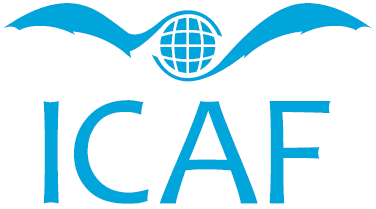Enabling the journey towards Condition Based Maintenance for AirframePresentation: Session: Session 11: Digital engineering II Room: Theatre room: plenary Session start: 10:50 Wed 28 Jun 2023 Julien Baris julien.baris@airbus.com Affifliation: Airbus Operations SAS, France Eugene O'Higgins eugene.ohiggins@airbus.com Affifliation: Airbus Operations GmbH, Germany Melanie DUCOFFE melanie.ducoffe@airbus.com Affifliation: Airbus Operations SAS, France Derk Daverschot derk.daverschot@airbus.com Affifliation: Airbus Operations GmbH, Germany Topics: - Structural health and structural loads monitoring (Genral Topics), - Digital twins (Genral Topics) Abstract: Airlines are constantly looking for solutions both to reduce their operational costs and increase aircraft availability. Currently, maintenance programs are based on conservative design assumptions, which aim to cover a high variety of usage in the fleet and ensure safety. As every aircraft is operated differently and each flight performed is unique (due to changing weather conditions, payload, routes etc.), there is a high potential benefit in moving away from a “one size fits all” approach to more efficient and optimised structural maintenance requirements tailored to individual aircraft. Several initiatives have been undertaken to incrementally optimise maintenance programs with the ultimate objective to offer full Condition Based Maintenance and enable operators to: - Reduce direct maintenance costs by adjusting maintenance requirements based on ‘actual’ aircraft usage. - Reduce the unknowns and conservatism inherent in design assumptions. - Ensure that safety of aircraft operations is maintained at the highest level. - Increase the residual value of aircraft or aircraft parts. The rapid development of Digital Twins and the growing performance of Artificial Intelligence could be key enablers for such optimisation. A huge volume of in-service ‘big data’ obtained from flight-by-flight recordings and aircraft sensors has to be processed, leading to new challenges in the capability to exploit all of the available information. With a large number of flights being performed every day, it is not practical to process such volumes of data with classical approaches (e.g. finite element analysis etc.). Therefore, alternatives to the existing models used for certification have to be exploited, such as for instance (but not limited to): - Improvements of existing methodologies. - Support from Artificial Intelligence. - Enhanced computational capabilities. - … Nonetheless, any solutions implemented must always guarantee the highest level of safety. |

ICAF 2023
Delft, The Netherlands, 2023